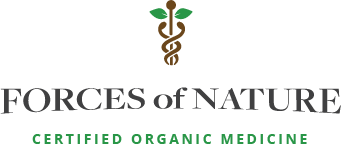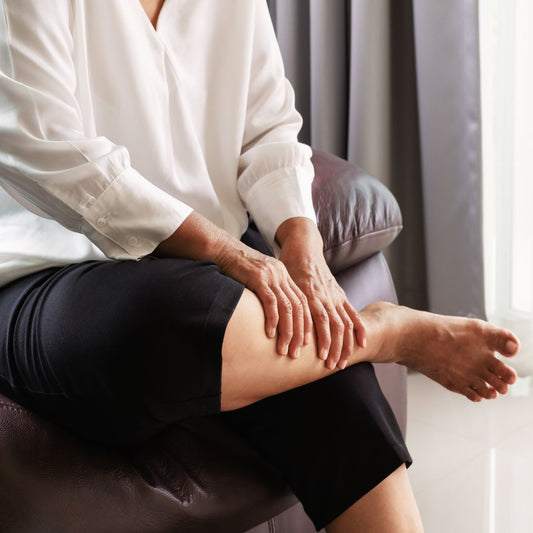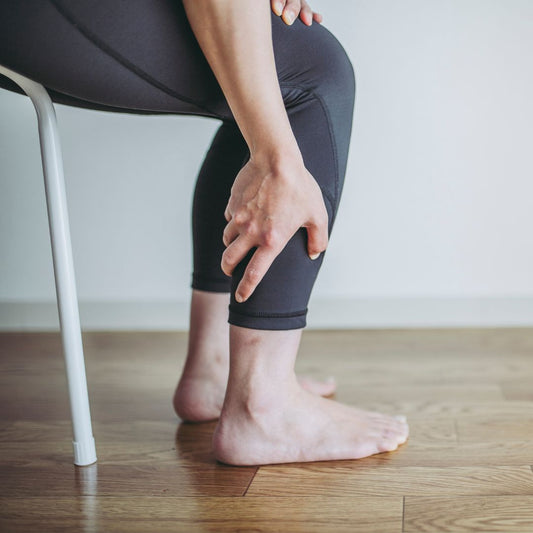At some point in your life, you’re likely to experience some type of muscle pain or strain. It can occur anywhere on the body and be mild or more excruciating discomfort. Muscle strains can affect anyone but are most common in those who live an active lifestyle. Whether from a recent injury or something more chronic, sore aching muscles can really slow you down and make day-to-day activities challenging.
This reason alone is why we’re sharing “5 Ways To Relieve and Manage Muscle Pain.”
Massage Therapy
A day at the spa is the perfect way to relax from the stressors of daily life, but it also has benefits if you’re suffering from bodily pain and muscle strain. Research shows that those who suffer from tense muscles can experience benefits from massage therapy that help relax tight muscles and improve blood circulation to provide nutrients to body tissue in need.
Plus, massage therapy also aids in muscle relaxation, which reduces swelling, stiffness and increases flexibility to eliminate pain.
Light Exercises
Light, low-impact exercises can be a great way to help with muscle recovery. Swimming has been known to be a great exercise due to the buoyancy the water provides. It can take the pressure off your joints while helping individuals increase their mobility and reduce pain.
Yoga is another great low-impact option. While it’s a popular form of exercise to help reduce stress, it also can help with easing and preventing muscle cramps by improving blood flow. Various poses also aid the stretching of muscles and provide strength which overall helps your body find relief.
Lastly, sometimes just by going on a walk you can help with muscle recovery. Your muscles might be sore, but by using them with light exercise, you can speed up the elimination of lactic acid buildup.
Hydrate
Hydration is important in all facets of life but especially with muscle pain. When you work your muscles, they become stronger by breaking down and then rebuilding. For this process to properly occur, they need to be properly hydrated. If you’re dehydrated, you’re more like to get injured, and then the recovery process will slow down. You will also find that your muscles will spasm or contract involuntarily. That said, be sure to drink 8-10 glasses of water a day to maintain proper hydration.
Ice and Heat Therapy
With any sore muscles, it’s common knowledge to apply ice or heat, but which is best? Mild muscle pain and strains that is a result from an injury such as lifting something too heavy or soreness from exercise can all be treated with ice. The cold from the ice can help to reduce inflammation in the affected area and should be applied shortly after the injury has occurred. But be careful, don’t apply the ice directly to your skin.
Heat is best used when an individual is experiencing more chronic conditions and recurring injuries. Heating pads, hot baths and heat wraps are a good option to relieve soreness even if it just takes the edge off in the interim.
Natural Pain Relief
Over-the-counter pain relievers can help sore muscles, but if you’re looking for a more natural approach, we have just the thing.
Our natural muscle pain relief treats both localized and systemic muscle pain, soothing and healing muscles at the source. It combines analgesic and anti-inflammatory properties which help promote effective, long-term recovery, is non-habit forming and heals at the root of the pain to help prevent it from returning.
5 Ways to Relieve and Manage Muscle Pain

By Dr. Peter Klapper Ph.D.



